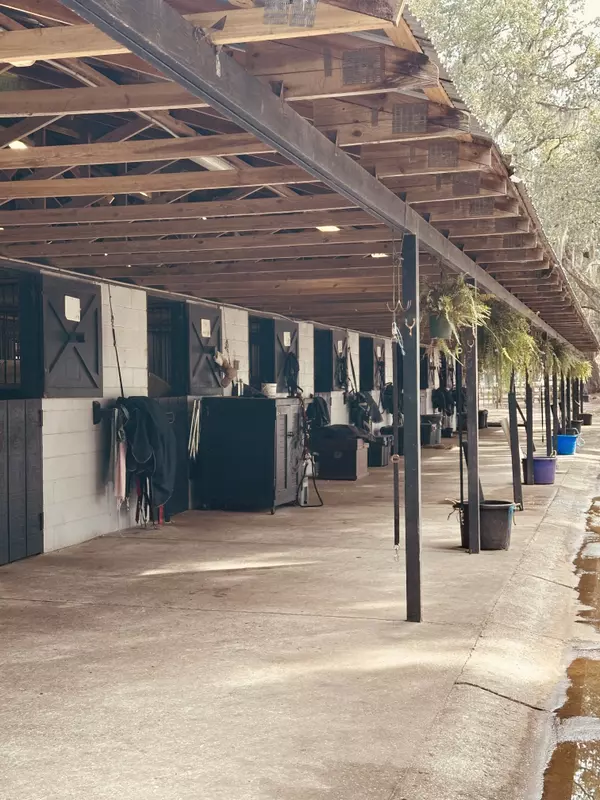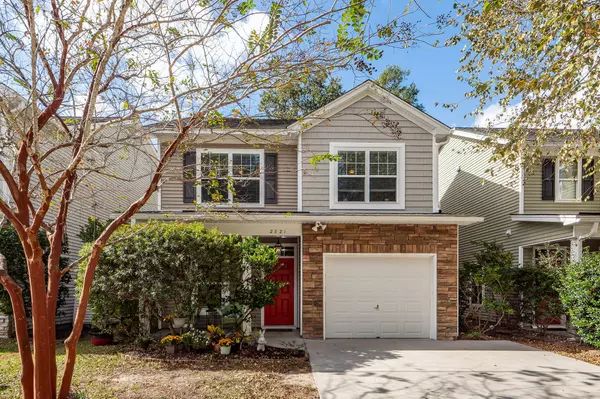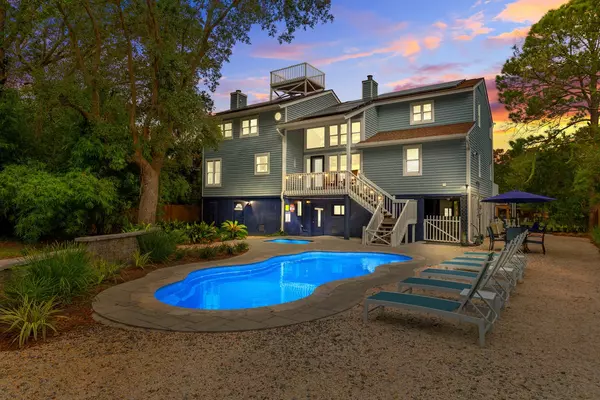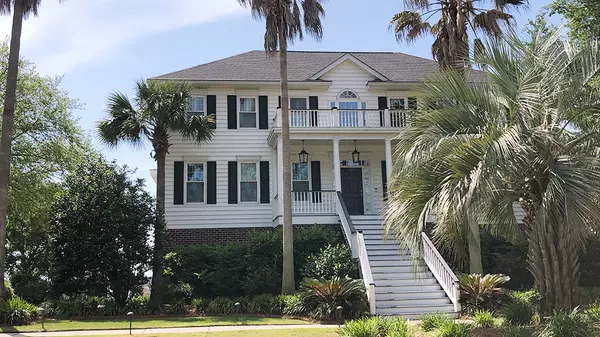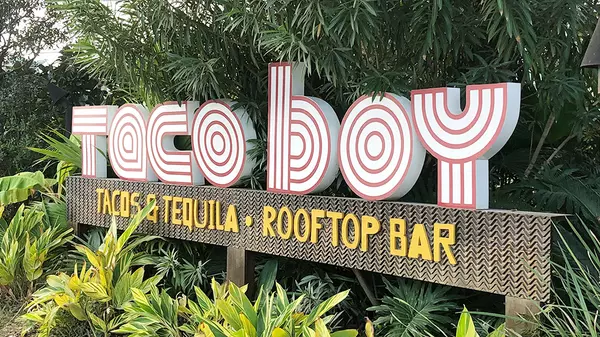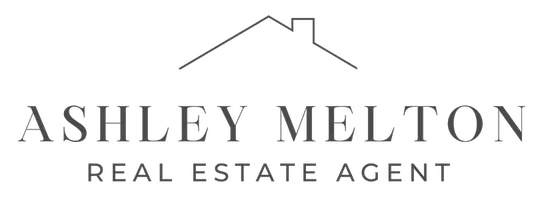What are the Disadvantages of Rent-to-Own Homes?

Rent-to-own homes still exist in this housing market. Some people see them as an easy option to buy a home. But the truth is that there are a number of disadvantages to rent-to-own homes, including higher costs and riskier lease terms than you might expect. So, if you're wondering are rent-to-own homes a good idea, this post will outline some of these disadvantages so you know what you're getting into before signing on the dotted line.
How the Rent-To-Own process works

image by pixabay
A rent-to-own contract, also known as a lease-purchase agreement is a contract between the tenant and homeowner that states a portion of the monthly rent gets credited toward the future purchase of the home. This type of agreement allows you to technically begin saving for a down payment toward the purchase of the home even if you may not qualify or have the financial means to qualify for a mortgage yet.
When the lease ends, the rent credits that you've saved up with the homeowner go toward the purchase of the home technically as part of your downpayment.
There's another situation for renters called a "Lease-Option" which sounds very similar to a Lease-Purchase but there are important differences you should know.
Lease-Option vs. Lease-Purchase

image by pixabay
One of the most important differences to know between the two terms is that a lease-purchase is legally binding, requiring you to purchase the home at the end of your lease - while a lease-option simply gives you the option to purchase the home.
Signing a lease-option agreement does require you to pay an "option fee" to the homeowner. The option fee gives you the first right to buy the house when the lease is up and the lease will state how much of the rent payment would go toward the purchase price.
If you're not sure if this is the home you'll want to buy when the time comes, it's a good option to consider. The downside is that if you choose not to purchase the home, you will most likely lose the option fee, but you're under no obligation to buy if you decide you don't like the home within that period of time.
While a lease-purchase is similar in the sense that a portion of your monthly rent payments is credited toward the purchase of the home, the differences are you're legally bound to purchase the house and the purchase price is typically decided at the time of the contract signing.
The risks of rent-to-own contracts for buyers
1. You pay more over the long term
Most rent-to-own agreements feature higher monthly payments than if you were simply renting an apartment with a standard lease. It's important to review the agreement to understand how the money is being credited because not all of the additional money during your rental period will go toward your purchase credit.
If the standard rent for the home is $1,600 a month and the rent-to-own agreement is $2,000 a month, it's possible that only $300 of the additional $400 a month is going toward your credits.
2. You Could Lose Out on Savings

image by joslyn pickens
Most rent-to-own agreements require a nonrefundable fee based on the home valuation which can be between 2.5%-7%. While the number's negotiable, on a $350,000 rent-to-own home you'll pay between $8,750 to $24,500 in addition to the higher rent to enter into the agreement.
3. Your agreement could lock in a bad valuation
Home prices aren't static and the real estate market fluctuates with changes in interest rates, available inventory, and other factors. Although home values typically appreciate over time, list prices on comparable homes could drop by thousands within just a few weeks.
Of course, this is the nature of real estate, but the issue is that since most agreements state the agreed-upon sales price, you're essentially locking in the price of the home from 1-5 years before you actually buy the home.
4. Expect to get your hands dirty

image by pixabay
Let's say you agree to sell your mountain bike to your friend for $150 at the end of the month. And during that month your friend borrows it to test it out. Would you be willing to pay $100 to replace the tires, brakes, and a pedal they broke?
I highly doubt it.
You agreed to sell the bike for $150, so spending $100 on repairs means you're only making $50 at the end of the month.
The same thing applies to a rent-to-own agreement. Your landlord isn't going to be keen on spending thousands of dollars on maintenance and repairs over the next 1-5 years if the sales price of the home is set. Most agreements will contain wording that requires you to pay for all repairs and home maintenance for the duration of the contract.
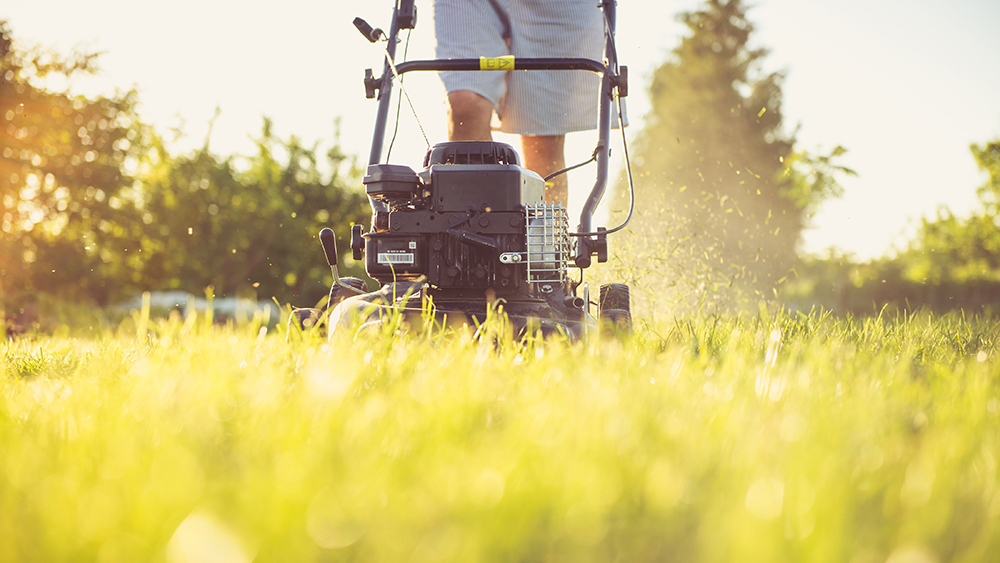
image by magic k
Of course, you'd be on the hook for these expenses if the home were yours and you'll want to make sure the home is in good shape when you purchase it. But, the fact remains that these are additional expenses you'll have to consider.
5. Late or missed payments could void the contract
Make sure you understand what penalties are incurred for late or missed rent payments. Unlike a standard rental agreement where late fees are the norm for one-off situations - even having those fees waived under extreme circumstances - it could be cause for termination of your contract in a rent-to-own agreement.
It's not just rent payments, either - make sure to read your fine print for a potential host of other defaults you could face for other violations.
6. Your Home Might Not Qualify for a Conventional Mortgage
With a rent-to-own agreement lasting anywhere from 1-5 years, a lot can change with your financial situation - a lot can change in a week! Even if your situation was in good shape when starting out on your rent-to-own journey, you're not guaranteed a loan approval when the time comes to purchase the home.
So it's important that you're taking steps to improve your credit score, debt-to-income ratio, and making your rent payments on time to put you in the best position with a mortgage lender for a loan approval down the road.
And even if you're doing all the right things, interest rates could go up, you could change jobs, and other external factors could also present obstacles in the future.
Conclusion
If you’re considering buying a home, rent-to-own properties may be an option. It could help you get into your dream house when your current situation doesn't allow for it. However, it does come with risks you should be fully aware of before proceeding. You need to be careful about the contract and make sure that you understand all of the implications before signing on the dotted line.
However, there are many options for potential home buyers to explore instead of rent-to-own and in some cases, renters can actually have an advantage in buying a home when the time comes. If you want to own your own home, but think you may not be able to afford one, get in touch with a qualified Realtor® like me today to ask all your home buying questions like how you may qualify as a first-time home buyer or for available home buyer programs.
 Ashley Melton, Realtor® | 843-670-2333 | Ashley@AgentOwned.com
Ashley Melton, Realtor® | 843-670-2333 | Ashley@AgentOwned.com
Categories
- All Blogs (55)
- Charleston, South Carolina (13)
- First-Time Home Buyers (13)
- Folly Beach, South Carolina (12)
- Goose Creek South Carolina (1)
- Home Appraisals (2)
- Home Buying (34)
- Home Inspections (2)
- Home Maintenance (3)
- Home Selling (14)
- James Island, South Carolina (3)
- Mount Pleasant, South Carolina (3)
- New Home Construction (1)
- Summerville, South Carolina (1)
- West Ashley, South Carolina (3)
Recent Posts

